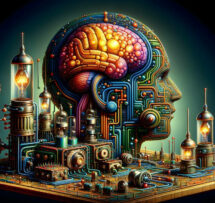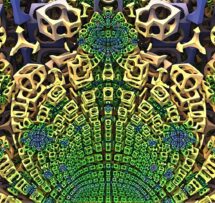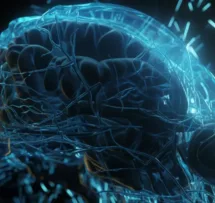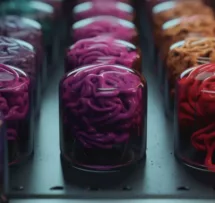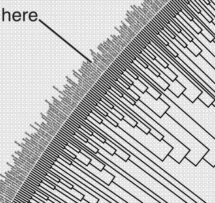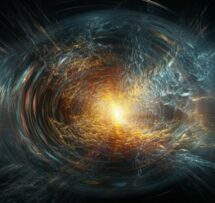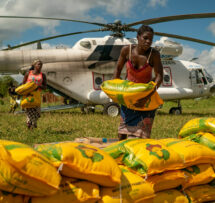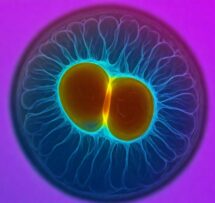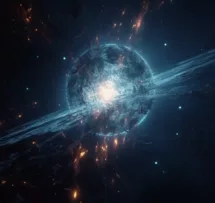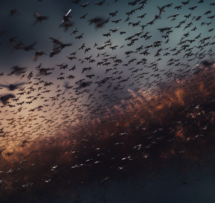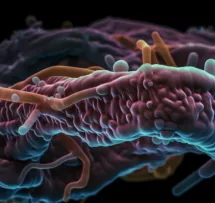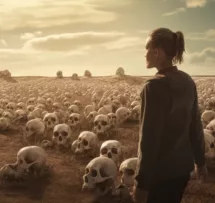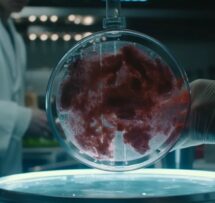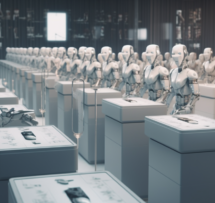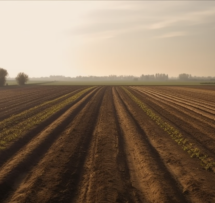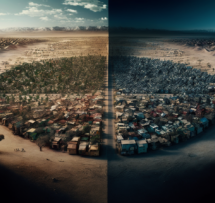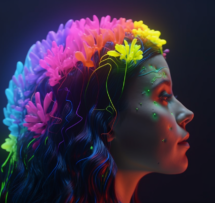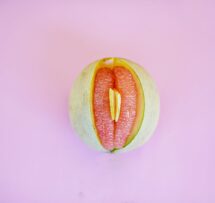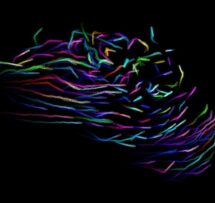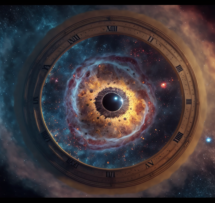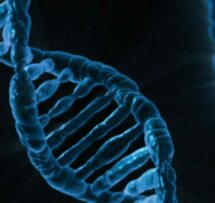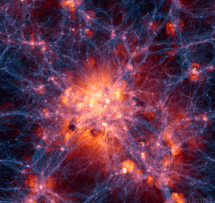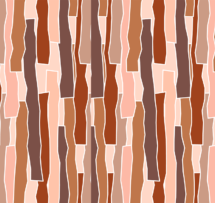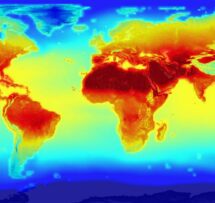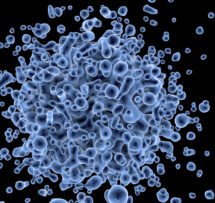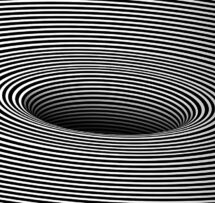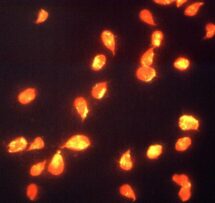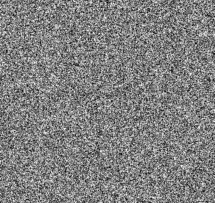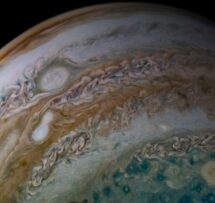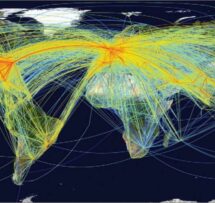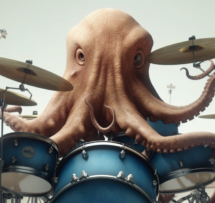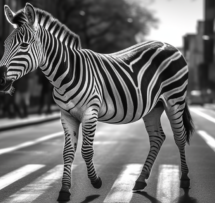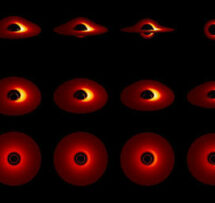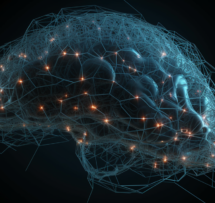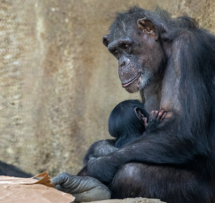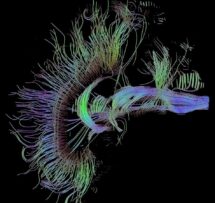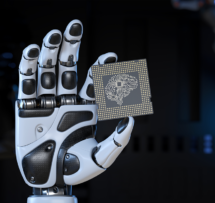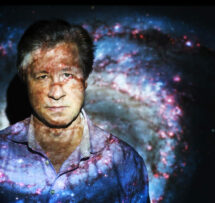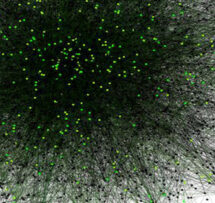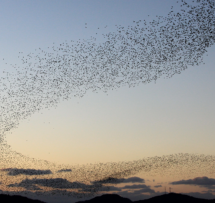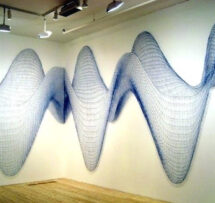Fertility: Why Didn't Anyone Teach Me This?

Be the first to know when the next Science & Cocktails Amsterdam event(s) will take place by subscribing to our newsletter.
Join us for a special Science & Cocktails edition about understanding our reproductive bodies and freezing fertility, with Joyce Harper and Lucy van de Wiel, coinciding with the 40th Annual Meeting of the European Society of Human Reproduction and Embryology (ESHRE) in Amsterdam.
What role do our reproductive systems play for our mental and physical well-being? Why was the anatomy of the clitoris described only recently? What impact do life transitions such as menopause and andropause have on individuals? Does it make sense to freeze your eggs? How can we celebrate our (non) reproductive bodies when they are so often presented as too fertile or not fertile enough? How can we navigate the new reproductive options that are made available to us? How can we celebrate our reproductive bodies through all its phases and complexities?
This event is an initiative by the Dutch Institute for Emergent Phenomena (DIEP) with the support of the University of Amsterdam. Science & Cocktails Amsterdam is presented in cooperation with Paradiso Amsterdam. For this special edition we collaborate with Amsterdam UMC, ESHRE Local Organising Committee and I Amsterdam.
Why didn’t anyone teach me this? Understanding your reproductive body - Joyce Harper
Our reproductive systems are not merely mechanisms for pro-creation: they are central to our mental and physical well-being, regulated by a complex interplay of hormones. Yet, our understanding of this crucial aspect of health remains surprisingly elementary. It's time we illuminate the complexities and nuances of our reproductive bodies, from the onset of puberty right through to our twilight years. The menstrual cycle, governing women's lives for roughly 40 years, is an odyssey of fluctuating sex hormones leading to ovulation and menstruation. Yet, our educational system rarely covers what constitutes a normal cycle or common conditions like endometriosis or PCOS.
Sex education typically focuses on contraception, leaving gaps in understanding fertility, planning for pregnancy, and fertility decline in both genders. With global fertility rates declining, these discussions are crucial. As we age, hormonal changes signal menopause and andropause. How do these transitions affect individuals? It's time to openly discuss and appreciate our reproductive bodies.
Freezing Fertility – Lucy van de Wiel
The egg, the largest–and coolest–human cell, is at the heart of female fertility. Yet beyond a biological function, this cell has also acquired a political life now that eggs may be frozen in time, exchanged between women and shipped around the globe. Governments across the world govern what women can and cannot do with their eggs, while a growing financialised fertility industry is driven by a vision of a future in which many more people rely on technologies to have children. In the face of all this, new technologies like egg freezing become meaningful in the context of old stories about gender, ageing and agency.
Talk by
Joyce Harper
Joyce Harper is an Internationally renowned, award-winning educator, author, podcaster, academic, and scientist. She is Professor of Reproductive Science at University College London in the Institute for Women’s Health where she is Head of the Reproductive Science and Society Group. She has worked in the fields of fertility, genetics and reproductive science since 1987, written over 240 scientific papers and published three books. Her topics of interest are menopause, reproductive health education and fertility treatments. She is leading the development of a UK Menopause Education and Support Programme with support from key organizations.She is co-founder of the UK Fertility Education Initiative (www.fertilityed.uk) and founder of the International Reproductive Health Education Collaboration. She is working with schools in the UK and globally to help deliver reproductive health education. Her latest book, “Your Fertile Years, What you need to know to make informed choices”, was published in 2021 by Sheldon Press. She also hosts the podcast “Why Didn’t Anyone Tell Me This?”, and is available on all podcast channels.

Talk by
Lucy van de Wiel
Lucy van de Wiel is a Lecturer and Postgraduate Research Director in Global Health and Social Medicine at King’s College London. She has founded and is chair of the Reproduction Research Cluster at King’s. Her research focuses on the introduction of new reproductive technologies such as egg freezing and time-lapse embryo selection. She explores how these technologies give insight into broader developments within the IVF sector, including the datafication of reproduction and the financialization of fertility. She has published an Open Access monograph on egg freezing with New York University Press titled Freezing Fertility: Oocyte Cryopreservation and the Gender Politics of Aging. Freezing Fertility has inspired a feature documentary of the same title produced by VPRO Backlight (Tegenlicht).

Musci by
Max Hell
Dirty, rattling guitars from the Amsterdam music scene. Max Hell started playing live in 2021, seemingly out of nowhere. Hell’s music existed for a longer time, as bedroom experiments with his laptop microphone. He formed a band with his old friend Nathan Schipper, later joined by Mirjam Alexander and Joy Burgers. Now they’ve played support shows for Dutch music legends like Personal Trainer and Sophie Straat, gaining a reputation of mixing poppy rock songs with sudden screams from the gut.


